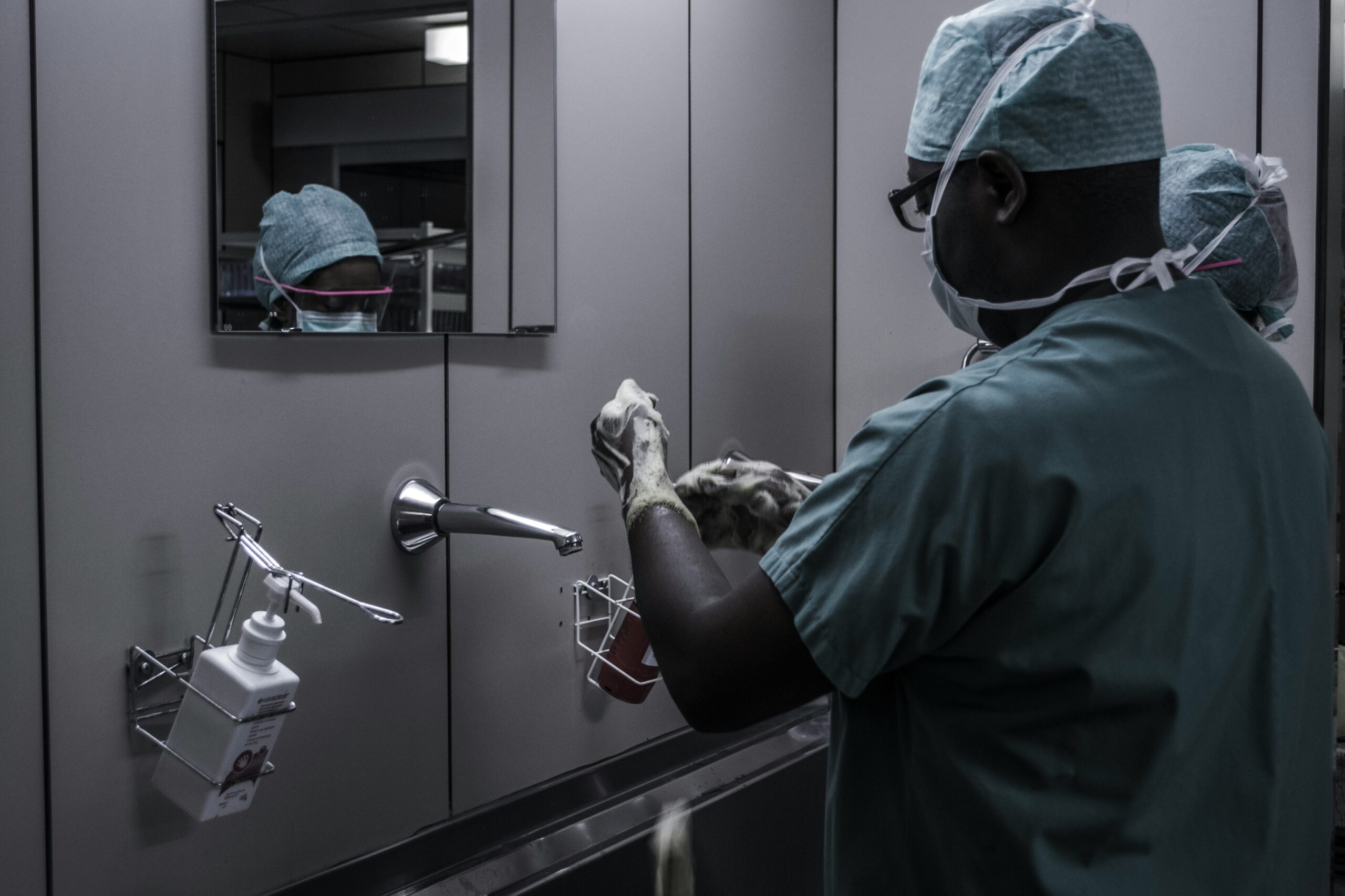
The journey from medical student to specialized physician is not just a career path but a profound evolution that shapes one’s identity, knowledge, and approach to patient care. It’s a process of continuous learning, self-reflection, and mastery, where the complexities of human health are unraveled, and a lifelong commitment to service is made. The road is long, demanding, and filled with obstacles, but it is ultimately one of personal and professional growth. Every step on this path brings individuals closer to becoming a trusted medical professional’s expert who can diagnose, treat, and care for patients with deep knowledge and compassion.
The Foundation: Building Knowledge in Medical School
The journey begins in medical school, where students are introduced to the vast world of medicine. This is where the basics are learned—everything from anatomy and physiology to medical ethics and patient communication. The first years are spent acquiring a general understanding of the human body and diseases, often in lecture halls and laboratory settings. The clinical experience starts relatively early, with students participating in hospital rotations where they begin to engage with actual patients under the supervision of experienced doctors.
At this stage, students are generalists. They focus on a broad range of topics, understanding how different systems of the body function and how they interact. The goal is not to specialize but to build a comprehensive foundation upon which later expertise will be built. The pressure to perform, both academically and emotionally, can be overwhelming, but it is a necessary part of becoming a physician. The seeds of medical curiosity are planted, and students often begin to find areas they are particularly passionate about, whether it’s a specific disease, a treatment method, or a patient population.
The Crucial Shift: Residency and Specialization
Upon completing medical school, the next chapter is residency. During this time, medical graduates transition from students into medical professional’s. During residency, doctors focus on a specific area of medicine—cardiology, orthopedics, neurology, or another field. This phase is intense and immersive, as residents spend long hours working in hospitals and clinics, managing patient care, and learning under the guidance of specialists in their chosen field.
The learning curve during residency is steep. Medical graduates, while armed with theoretical knowledge, now need to learn how to apply that knowledge in the real world. They must quickly adapt to the high patient care demands, often dealing with life-or-death situations. They are expected to develop a high level of skill in diagnosing and treating conditions and managing the psychological and emotional challenges of working with patients.
Fellowship: The Deep Dive into Subspecialization
For many, the journey doesn’t end with residency. After completing the core training, many physicians choose to pursue fellowship programs. These programs provide advanced, focused training in a particular area of their chosen specialty. For example, a surgeon may opt for a fellowship in pediatric surgery, or an oncologist may choose to specialize further in hematologic cancers.
Fellowship training often lasts several years and involves working alongside leading experts, gaining exposure to cutting-edge research, and developing expertise in a specific aspect of the medical field. Fellowship doctors refining their clinical skills engage in groundbreaking research, which contributes to the expansion of medical professional’s knowledge and the development of innovative treatments.
The Ongoing Evolution: Lifelong Learning and Professional Growth
Even after completing residency and fellowship, a medical specialist’s journey is far from over. Medicine is an ever-evolving field, constantly emerging new technologies, treatments, and research. This makes continuous learning an essential part of a specialist’s career. Doctors must stay current with medical literature, attend professional conferences, and engage in ongoing education to remain experts in their field.
Many specialists also take on roles as educators and mentors, helping to train the next generation of doctors. Teaching others reinforces their knowledge and allows them to give back to the medical community. For those committed to furthering their knowledge, research is another avenue of growth. Many specialists contribute to medical professional’s advancements by publishing research papers, conducting clinical trials, or collaborating with other experts on cutting-edge projects.
The Reward of Specialization: Making a Difference in Patient Lives
The ultimate reward for becoming a medical specialist is the ability to make a tangible difference in patients’ lives. Specialists are often called upon to tackle complex, rare, or difficult-to-diagnose cases. Their expertise in handling intricate medical professional’s conditions means they are trusted to provide the best care available, often when general practitioners cannot find solutions.
Specialists also have the opportunity to build long-term relationships with their patients. In fields such as oncology, cardiology, or endocrinology, specialists often monitor patients over extended periods, profoundly impacting their health and well-being. The trust and rapport they build with their patients are central to the healing process and contribute to the overall success of treatment.
A Lifelong Commitment to Medicine
The transformation from medical student to specialist is a journey of discovery, mastery, and service. It’s a long road filled with challenges, but it is also a path toward becoming a trusted leader in the healthcare field. As specialists, physicians can influence the lives of their patients, advance medical science, and contribute to the health and well-being of society. For those who choose this path, it is not just a career but a calling that demands continuous learning, deep empathy, and an unwavering dedication to improving lives.